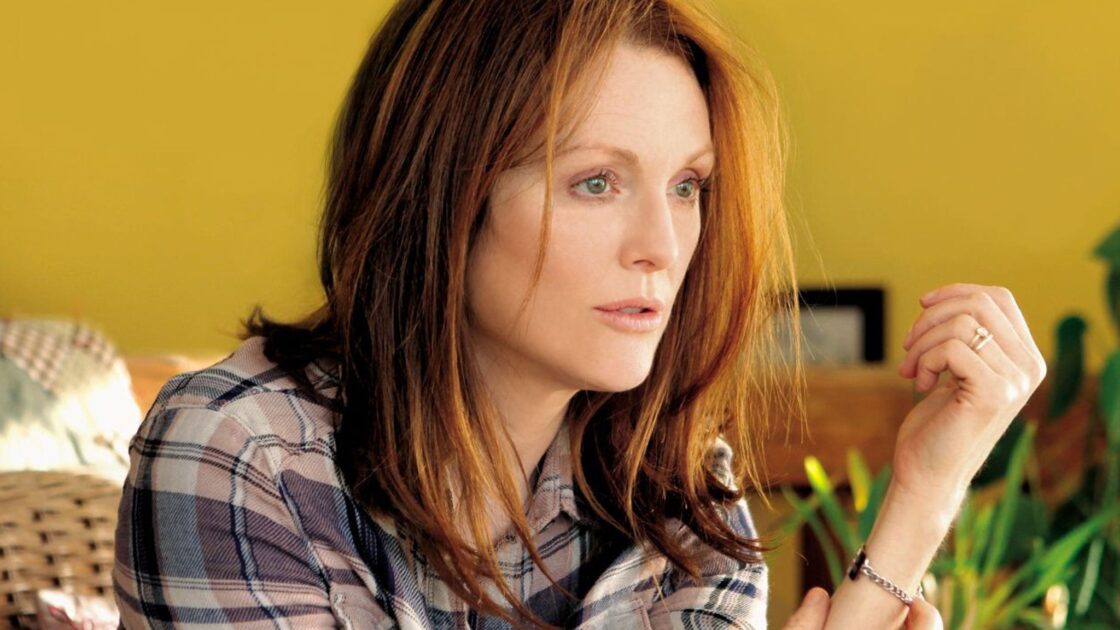
For more than three decades, Julianne Moore has proven herself as a powerhouse in the world of acting, captivating audiences with her deep, nuanced performances and incredible range. Whether she’s starring in indie gems or big-budget blockbusters, this four-time Oscar nominee and Academy Award winner has made an undeniable impact on cinema. Let’s take a look back at some of her most iconic roles and celebrate the artistry that has made her a true legend in the film industry.
The Early Years: Indie Trailblazer
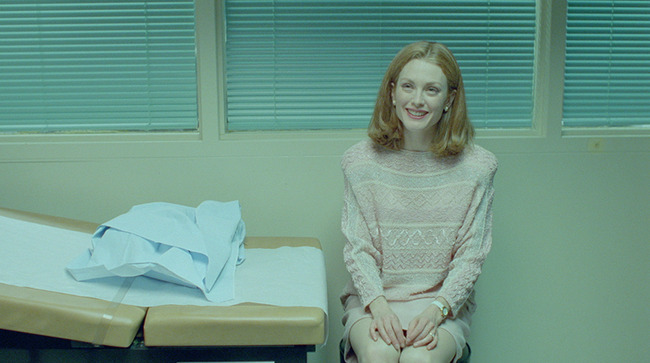
Moore’s ascent to stardom was paved by her unwavering commitment to independent cinema. Her breakthrough came with Robert Altman’s ensemble masterpiece, “Short Cuts” (1993), where she delivered a memorable turn as a painter embroiled in an extramarital affair. This performance not only earned her an Independent Spirit Award nomination but also marked the beginning of her collaboration with esteemed auteurs.
Next up came, “Vanya on 42nd Street” (1994) showcased Moore’s theatrical prowess as she embodied Yelena in Andre Gregory’s adaptation of Chekhov’s “Uncle Vanya.”
Then the next year, she starred in “Safe” (1995). Moore portrayed a housewife grappling with environmental illness, earning critical acclaim and another Independent Spirit nod.
Conquering the Mainstream: “Boogie Nights” and Beyond
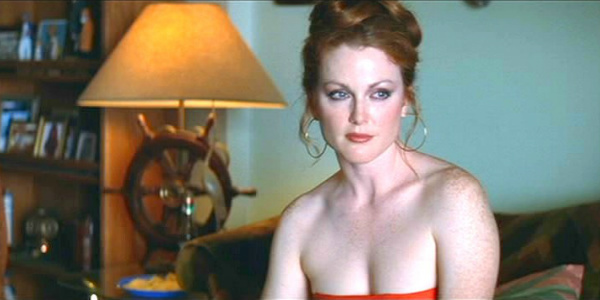
While indie films provided her initial acclaim, Moore’s undeniable talent soon caught the attention of mainstream audiences and filmmakers alike. Her mesmerizing turn as Amber Waves in Paul Thomas Anderson’s “Boogie Nights” (1997) garnered her first Oscar nomination for Best Supporting Actress.
This opened the floodgates for a string of remarkable performances, each showcasing her remarkable versatility. First up, was the Coen Brothers’ cult classic “The Big Lebowski” (1998). In “The Big Lebowski”, Moore stole scenes as the eccentric artist Maude Lebowski.
Then, her poignant portrayal of a woman caught in a love triangle in “The End of the Affair” (1999) earned her a Best Actress Oscar and Golden Globe nomination.
Next up, the ensemble drama “Magnolia” (1999) witnessed Moore’s raw emotional depth as the trophy wife of a dying TV producer.
Exploring Complex Dynamics: The 2000s
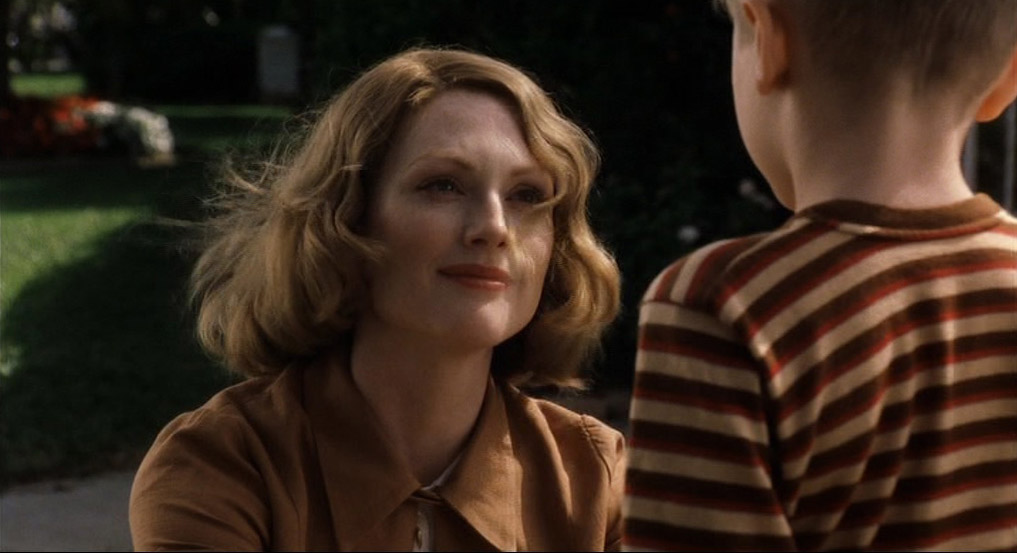
As the new millennium dawned, Moore continued to captivate audiences with her nuanced exploration of intricate human dynamics. Two standout roles in 2002 solidified her status as an acting powerhouse.
In “Far From Heaven,” Moore’s tour-de-force performance as a 1950s housewife grappling with her husband’s sexuality and her own forbidden desires garnered widespread critical acclaim and numerous accolades, including an Oscar nod.
She seamlessly transitioned to a supporting role in “The Hours,” portraying a 1950s housewife entranced by Virginia Woolf’s novel, earning yet another Academy Award nomination. Meryl Streep and Nicole Kidman also starred in the movie with Moore.
Following “The Hours”, she starred in “Children of Men” (2006). The movie is a thought-provoking sci-fi thriller, where Moore played a pivotal role in Alfonso Cuarón’s dystopian vision.
Next, she was in her Golden Globe-nominated turn in “A Single Man” (2009), delivering a poignant scene as the former lover of a grieving professor.
Embracing Modernity: Contemporary Triumphs
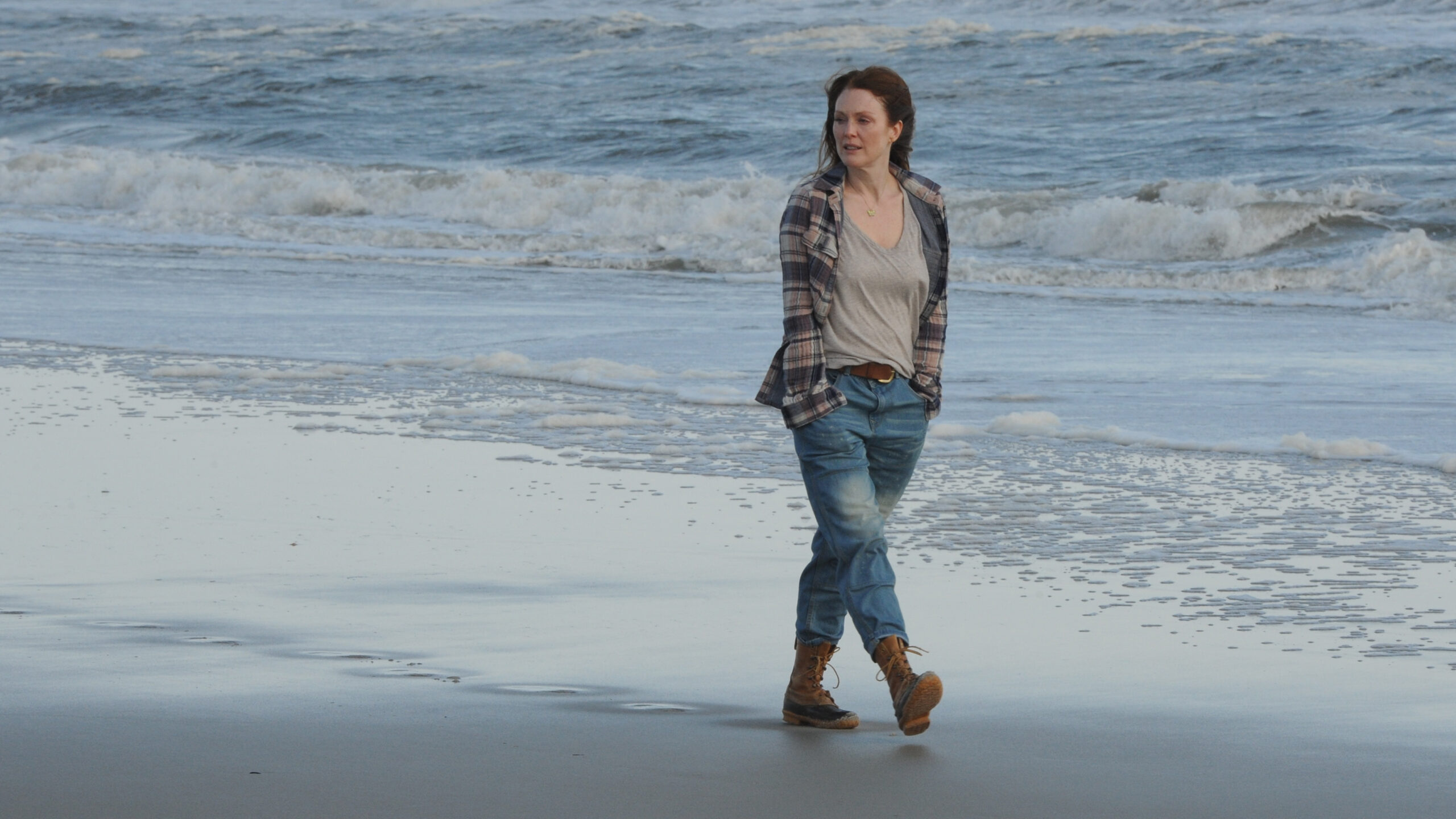
As the years progressed, Moore continued to defy conventions and tackle complex roles that resonated with modern audiences. Her performance in “The Kids Are All Right” (2010) as a lesbian mother navigating familial complexities garnered widespread praise and Golden Globe and BAFTA nominations.
However, it was her portrayal of a linguistics professor battling Alzheimer’s disease in “Still Alice” (2014) that finally earned her the coveted Academy Award for Best Actress. This powerful performance not only showcased her acting prowess but also shed light on an important societal issue.
Julianne Moore’s Other Notable Works
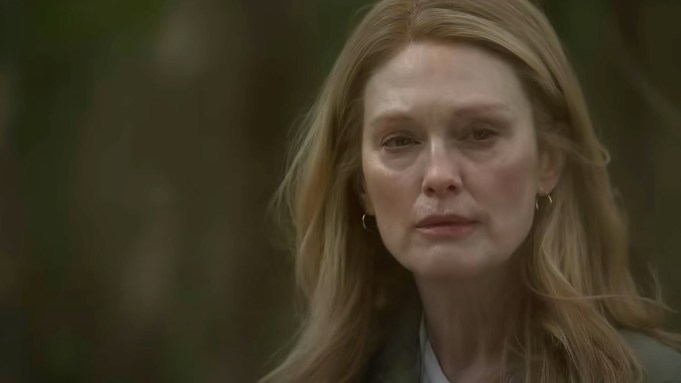
The unsettling Hollywood satire “Maps to the Stars” (2014), which earned Moore the Best Actress prize at the Cannes Film Festival.
Her reunion with Todd Haynes in the whimsical “Wonderstruck” (2017), where she portrayed dual roles spanning different eras.
The upcoming “May December” (2023), a satirical take on a controversial teacher-student relationship, promises another tour-de-force performance from the veteran actress.
A Lasting Legacy

Julianne Moore’s influence on acting goes far beyond the trophies on her shelf. With every role she takes on, she brings a genuine depth that has inspired countless actors and filmmakers over the years. From her indie beginnings to her status as one of the most respected actresses in the industry, Moore’s career is a shining example of what dedication, versatility, and true passion for the craft can achieve.
As she continues to light up the screen with her incredible performances, one thing is clear: Julianne Moore’s legacy in cinema will continue to inspire and set the standard for artistic excellence for generations to come.
